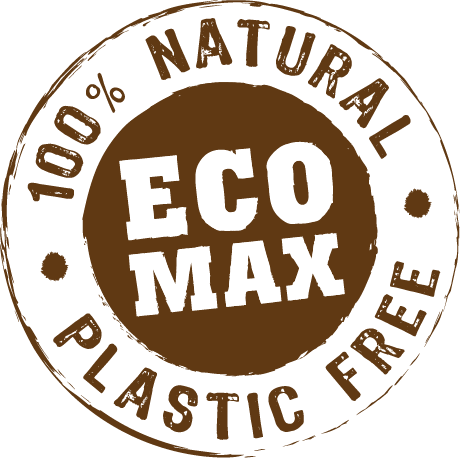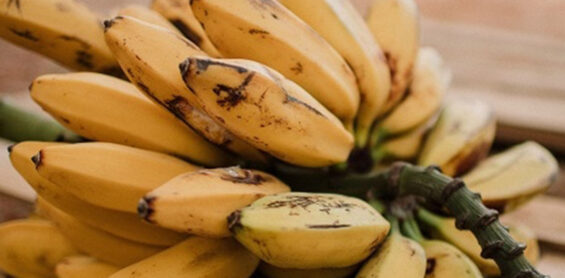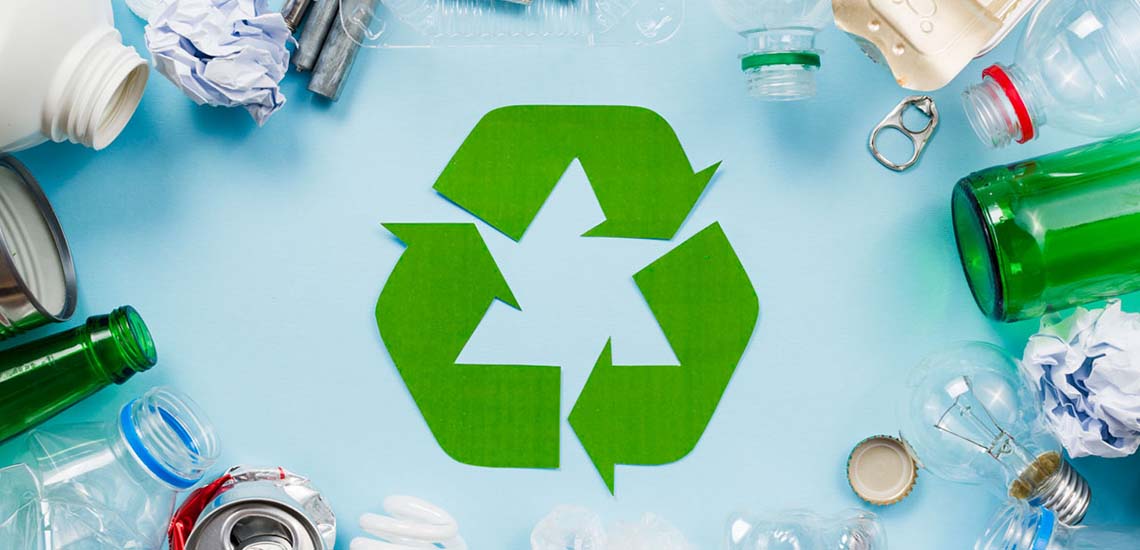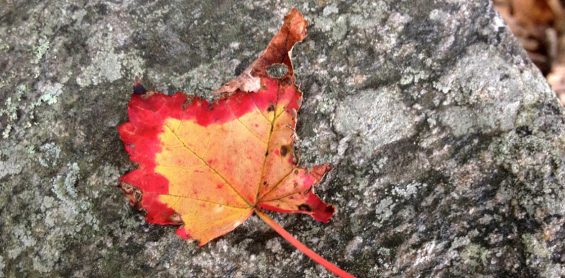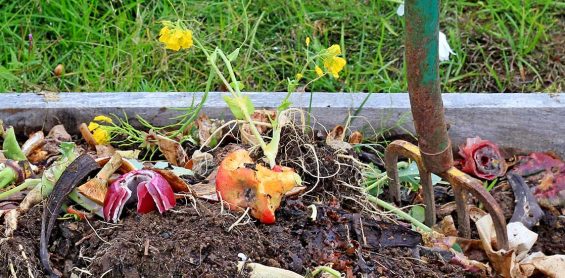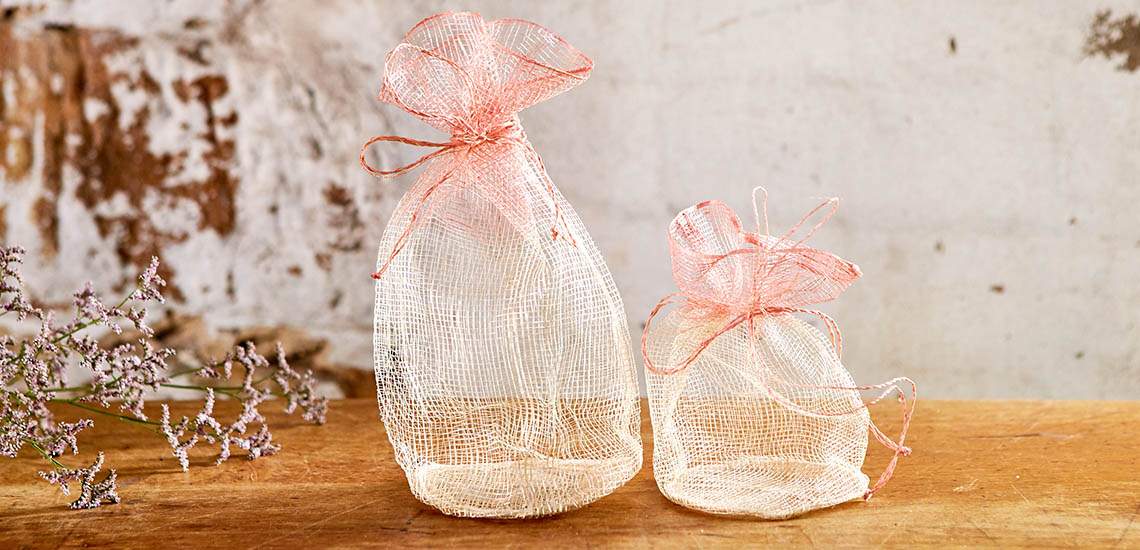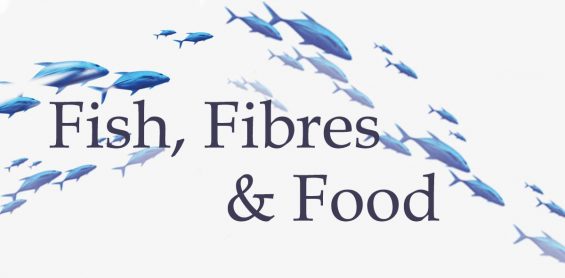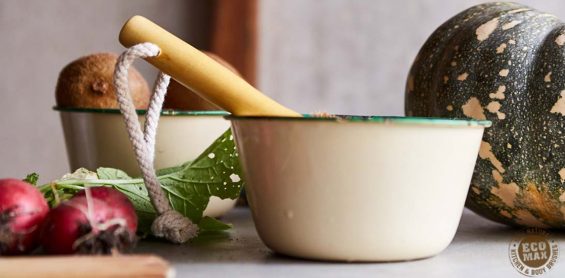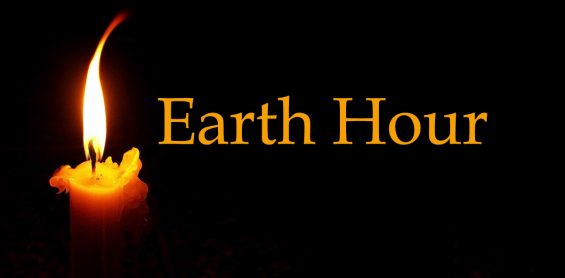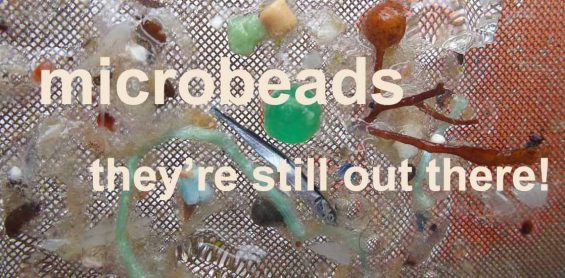Our Environment Stories
Herberry Bananas – a true story
Herberry Bananas, sounds like a new superfood? Well maybe that’s what they should be called. And then you have Raspfruits. A fun but true little story to put a smile on your face at we come to the end of 2020.
Is recycling the answer?
The ever growing problem of plastics requires a solution greater than recycling alone. Is recycling the answer or should we be changing the question? Perhaps the answer lies closer than we think and the question might be what SHOULD we use plastic for, rather than what we shouldn’t?
perfect imperfection
“We don’t need a handful of people doing Zero Waste perfectly, we need millions of people doing it imperfectly” We so agree. Look at what we have achieved so far and how we can a go one step further.
To Compost or not to compost?
Thought about composting but not sure if it’s right for you? It doesn’t matter if you live in flat or in a house, learn how easy composting really can be.
Our Sinamay Story – a plastic alternative
Finding a plastic free alternative to package our hand-rolled Cook’s and Gardener’s soap was a difficult task. But then we discovered Sinamay and it ticked all our boxes.
A New Year’s Resolution for the Planet
Often our New Year’s Eve resolutions are a wish list for making improvements in our own life. But isn’t it time we made a New Year’s resolution for the planet!
Fish, Fibres & Food
When fish eat fibres, the fish and the fibres end up on our dinner plate. But there is more to the story!
Good Wood
Protecting our Forests is a matter of ImportAnts, because they are more than just a collection of trees… So what is Good Wood and why should you care?
Earth Hour
Earth Hour 2018 is about conversations on the loss of nature around you. To get the conversation started ImportAnts have given you some ideas of things you can do locally. Ideas to connect with others in your community to drive global awareness and action on biodiversity.
microbeads – they’re still out there…
Smaller than a grain of sand and designed to be disposed of down the drain. Microbeads are impossible to filter, so they easily make their way into our waterways and BILLIONS of them do so EVERY. DAY.
